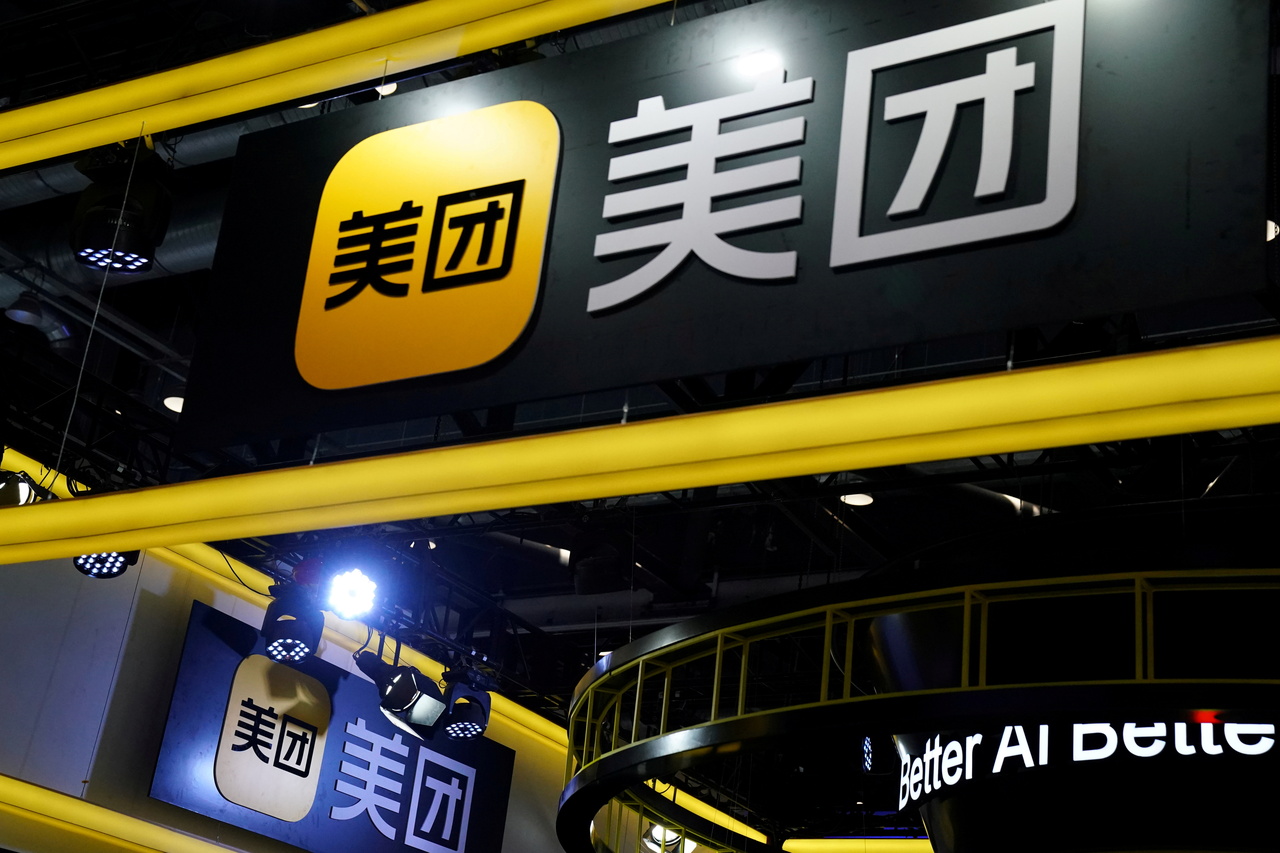China fines food delivery giant Meituan $715m for monopolistic behaviour
Sign up now: Get ST's newsletters delivered to your inbox

Meituan has been under fire since market regulators launched an investigation into the group in April 2021.
PHOTO: REUTERS
Follow topic:
BEIJING - China's market regulator on Friday (Oct 8) fined delivery giant Meituan 3.4 billion yuan (S$715 million) for monopolistic practices and ordered it to take "comprehensive rectification".
The State Administration of Market Regulation (SAMR) said an investigation had concluded the group had "abused its dominant market position in China's online food delivery platform market".
It added that Meituan's behaviour restricted or eliminated competition, dampened innovation, and was damaging to consumers.
The fine is equal to 3 per cent of Meituan's domestic sales last year. It will also have to return some 1.29 billion yuan to businesses which signed exclusivity contracts.
Meituan said in a statement that it "sincerely accepted" the penalty and would implement the regulators' instructions as well as ensure fair competition.
The two largest food delivery platforms in China, Meituan and Alibaba-owned Ele.me, had been engaged in a massive turf war, forcing merchants to list exclusively on either. Alibaba has already been dealt with.
Meituan also came under criticism for its treatment of delivery riders, many of whom are employed as third-party contractors with little legal protection or worker benefits. Riders are forced to meet often-unrealistic delivery targets.
In recent months, China's top officials have turned their attention to workers in the gig economy, who make up some 200 million of the workforce, issuing guidelines in July on the basic rights employers must offer these workers.
In addition, China's home-grown tech firms have since last November come under probe for a slew of practices including monopolistic behaviour and mishandling of their troves of user data.
In April, Alibaba was handed a record 18.2 billion yuan fine for monopolistic practices, while ride-hailing giant Didi was pulled from app stores in July and had its New York listing halted for what investigators said was mishandling of user data. Tencent, which runs the country's biggest chat app, WeChat, is still under investigation.
Beijing has also been on a drive to better regulate the tech industry, which has done extremely well over the past two decades under lax supervision.
A personal data protection law is set to kick in next month, while the Ministry of Industry and Information Technology is drafting a cyber-security industry plan, estimating that the industry would be worth more than 250 billion yuan by 2023.

